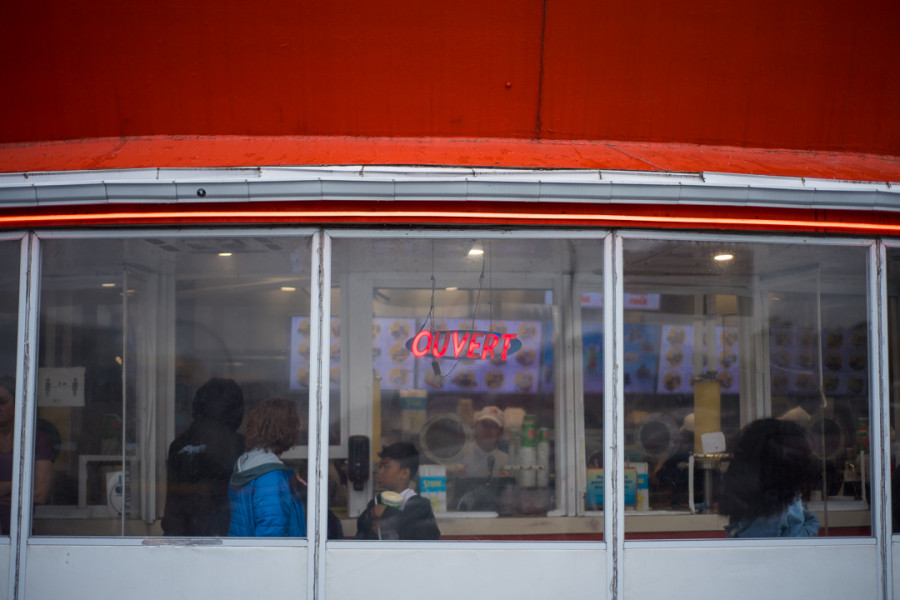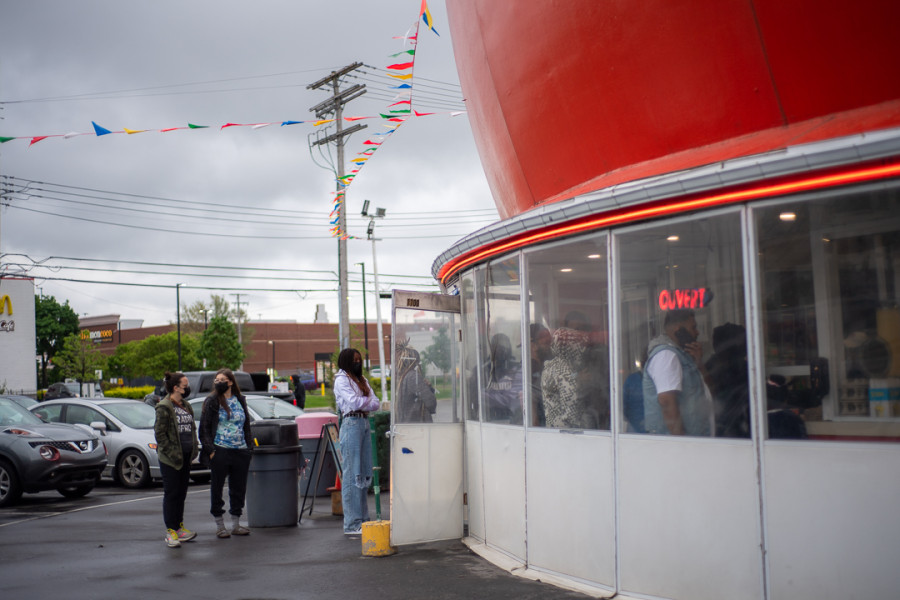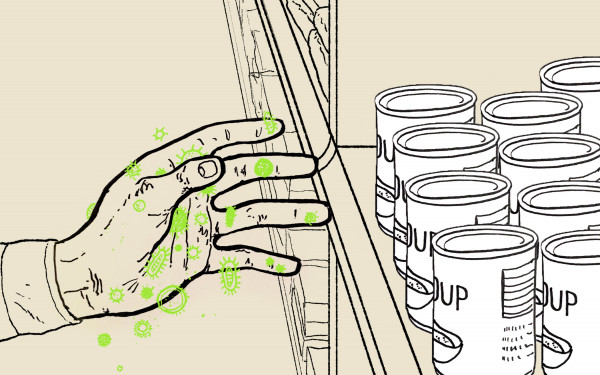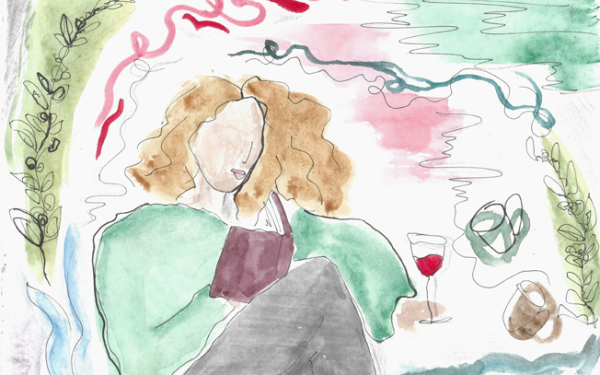Workers at Orange Julep face racial harassment
The restaurant’s mainly Filipino staff have dealt with an uptick in racial abuse due to the pandemic
This article discusses instances of racism, violence, discrimination, and harassment.
Abigail-Joy Rosales has been serving food at Gibeau Orange Julep since 2019. A woman from a Filipino background, she has suffered racism in the form of name-calling and slurs in the past. Unfortunately, she has now felt it in her workplace as well.
Despite the big orange ball being known as a welcoming local symbol, the restaurant’s primarily Asian staff has suffered extensive racism since the outbreak of the COVID-19 pandemic.
At around 2:50 a.m. on July 18, 2021, Rosales and her co-worker Kristelle Doctolero were serving their last customers before closing when a group of five men who were maskless and visibly intoxicated entered, demanding service and making racial remarks towards them.
“They started yelling, saying that we ate bats, and we were the ones who had started the virus. But the fact that the first thing they got mad about when I had refused to serve them was to attack my race really says a lot,” Rosales said. She said she felt powerless and hoped they would just go away. “I wish I was more prepared, you know? I actually wanted to confront them in a way that would make them feel dumb.”
As per Quebec's COVID-19 safety guidelines at the time of the incident, no mask meant no service. Rosales and Doctorelo attempted to deny the men entry, and they were pelted with racist insults.
Doctolero, who was working the cash register on the night of the incident, tried to fight back. “I asked them to wear a mask, but they still wouldn’t comply, and they wanted me to beg them to wear one—so I told them they should be begging to be served.”

For Doctolero, being harassed for her race was not new to her. Having strong, visibly Asian features and a Filipino accent makes it easier for people to target her, she said. Many of the workers have accents when speaking English or French, and customers would harass them to “speak properly”, she noted.
Ericka-Mae Caguioa, an assistant manager, explained that some of her superiors are more focused on the business aspect of Orange Julep rather than the well-being of their workers. Nonetheless, she said she would have stood up for them.
“There’s no real protocol on how to deal with racist comments, so we just do what we’re paid to do, which is to serve the customers”, she said. Since no anti-racism protocol is in place, Caguioa questioned how upper management is supposed to make its staff feel safe in the workplace.
“The first sign you see when you enter Julep reads 'Mask Mandatoire,'" she said. Caguioa explained that just like any other food establishment, staff could not serve customers unless they wore a mask—even if an entire party is wearing a mask except one person. “Since we got vaccinated, people think COVID-19 is over while others are just too stubborn or entitled and don’t like being told what to wear,” she added.
“There’s no real protocol on how to deal with racist comments, so we just do what we’re paid to do, which is to serve the customers.” — Ericka-Mae Caguioa
The Orange Julep is a cultural landmark in Montreal, but many are still not aware of the racist vitriol its staff endures. Rosales is one of many Asian service workers across Canada who still face racism on a regular basis. According to Statistics Canada, police-reported hate crimes motivated by race have increased by 80 per cent from 2019 to 2020. The report also showed a threefold increase in police reported hate crimes towards the East Asian community.
As COVID-19 still lingers, Asian workers’ exposure to racist remarks continues to be on the uptick. Members of the Asian community in Montreal are trying to combat racism, actively doing their best to raise awareness for the Anti-Asian Hate movement.
Members of the community needing support can contact Groupe d’Entraide Contre le Racisme Envers les Asiatiques au Québec, a network for informing Quebec’s general population about rising anti-Asian hate crimes, and for creating safe spaces for the Asian community to share experiences and offer support to hate crime victims.




_600_375_90_s_c1.jpg)


